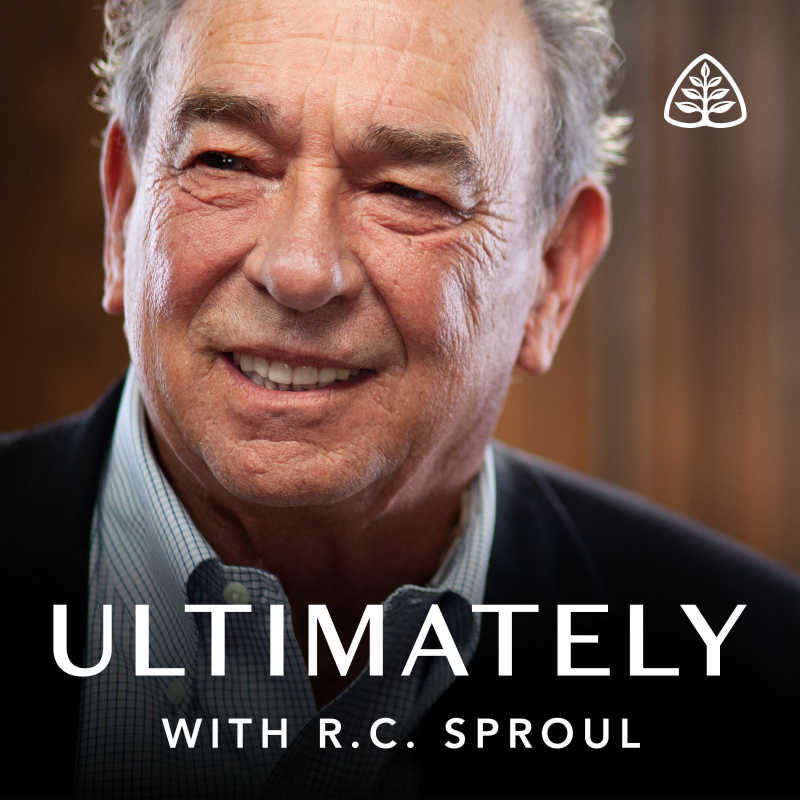Is the Resurrection Essential?

What meaning can Christianity still have if we discard the historical resurrection of Jesus? None whatsoever. Today, R.C. Sproul declares that Christ’s empty tomb is essential to our faith, our ethics, and our hope.
Transcript
Why is the resurrection so important to Christianity? Well, let me ask it another way. Is it conceivable, remotely conceivable, that we could have a meaningful Christian faith apart from resurrection? Again, in our day there are theologians who are arguing that the resurrection, that is, a historical event, is not necessary for a meaningful Christian faith.
Paul, of course, had a different view. The whole fifteenth chapter of 1 Corinthians argues in what we would call “ad hominem” fashion. He’s faced with a problem in the Corinthian community that some people were denying the reality of the resurrection, and so what Paul does masterfully in 1 Corinthians 15 is two things. In the first place, he gives us a detailed argument for the resurrection based upon the fulfillment of Scripture, the eyewitness testimony of the Apostles, of the five hundred people, and of his own eyewitness experience.
But then he argues ad hominem, and he said, “All right, let’s take your argument for a minute. Suppose there is no resurrection of the dead. If A, what follows? What’s the result of that? Let’s take your thinking to its logical conclusion. If Christ is dead and there is no resurrection from the dead, then what are the implications of that?” And he spells them out. The implications are what? You’re still in your sins. Your faith is in vain. Your faith is useless. Your preaching is futile. You become false witnesses of God because you’re telling everybody that God did, in fact, raise Him from the dead. Not only that, but there are other personal, shattering implications that those who have fallen asleep in the Lord have perished. Your loved ones that have died, you have no hope for them.
And then he gets mad. He says, “Why do I fight with the wild beasts at Ephesus? Why am I sacrificed every day? You think I’m doing this for my health?” And he protests about it and then said, “But now is Christ raised from the dead,” and doesn’t leave us with just the negative implications of a non-resurrection. But again, the point is that for the Apostle Paul, take away the resurrection, you take away Christianity. He said, “If Christ is not raised, we are of all people the most to be pitied,” and we might as well embrace the creed of the Epicurean, “Eat, drink, and be merry, for tomorrow, we die.”
But the positive significance is that the greatest enemy of man, that enemy that hangs over every human being like the sword of Damocles every day of our lives, the ultimacy of our own personal death—which threatens everything that we do, everything that we say, everything that we learn, with ultimate chaos, with what the existentialist calls the abyss of non-being, of annihilation—that enemy is conquered by the resurrection because the resurrection is not seen in the New Testament as an isolated event simply for the benefit of Jesus. But the New Testament declares that His resurrection is as the firstfruits of those who have died, so that we are promised that we will participate in the resurrection of Jesus.

